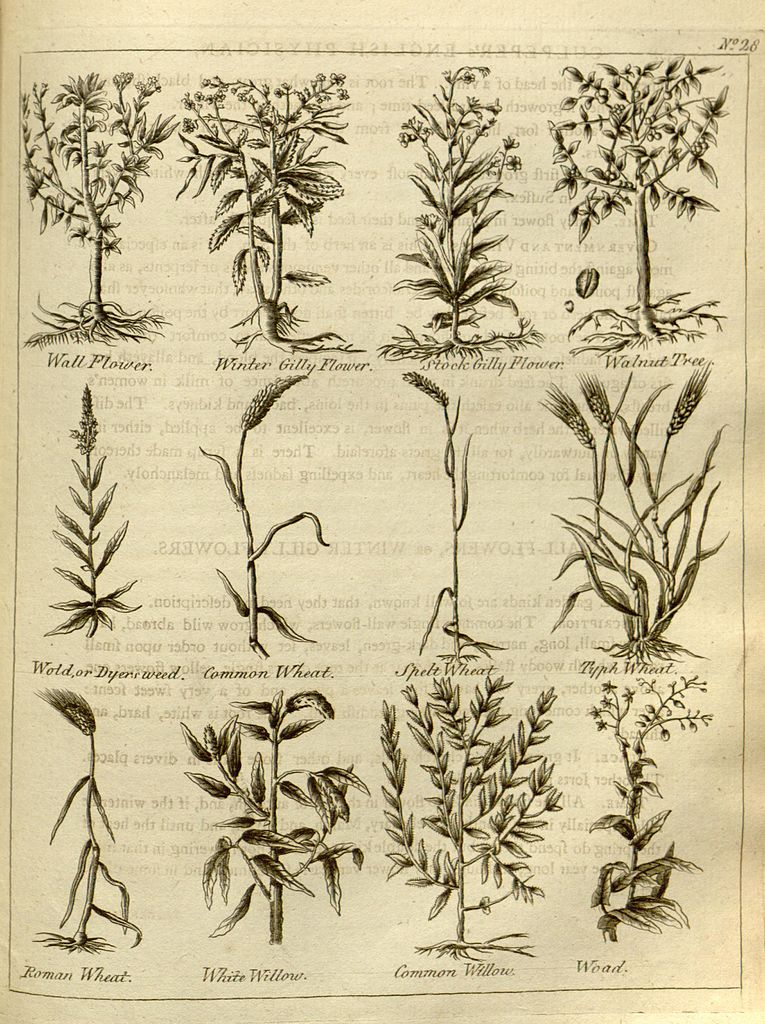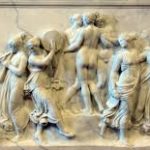The ancient Romans believed in the supernatural causes of diseases as well as the supernatural cure of diseases. The ancient Roman medicines combined the medicinal value and qualities of herbs and the surgical tools with the ancient Roman rituals.
Roman Medicines Facts
The ancient Roman medicine involved a lot of specializations, such as optimistic, urology and ophthalmology.

The Romans believed in the notion that ‘prevention is better than cure’ and so they emphasized on keeping the diseases at bay and boasted of a highly advanced sewage system. The ancient Romans developed the public baths and the aqueducts by which clean water was supplied to the cities.
Ancient Roman Medical Tools
The ancient Roman surgeons used the following surgical tools such as scalpels, forceps, and arrow extractors.
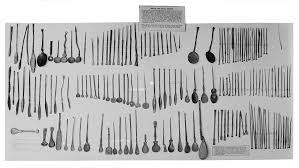
The tools had different uses and were sterilized by boiling them in hot water before use. The ancient Romans developed hospitals and rest houses which enabled the patients to recline and recover.
Roman Medicine Herbs
The ancient Romans made use of herbs having medicinal value for the purpose of using them in medicines. The ancient Romans used the following herbs.
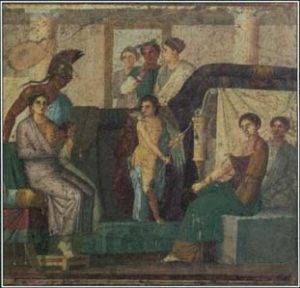
- Fennel- was supposed to have calming properties.
- Elecampane -was used to help deal with digestion problems.
- Sage- had little medicinal value but tremendous religious value.
- Garlic- was beneficial for health, mainly of the heart.
- Fenugreek- was used in the treatment of pneumonia.
- Silphium- was used for a broad variety of ailments, especially for birth control; Willow was used as an antiseptic.
The historical relevance of medicine in the ancient Roman history is of great importance because the Romans learned all that they knew from the ancient Greeks. The Roman doctors were generally prisoners of wars or purchased by prosperous and wealthy Romans who wished to keep a doctor in their household.
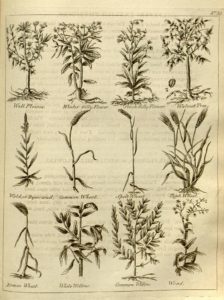
Initially, the ancient Romans had an iota of knowledge about medicine and diseases. The head of the family was supposed to keep track of the medicinal value of herbs. Later, gradually the medical profession developed in ancient Rome.
